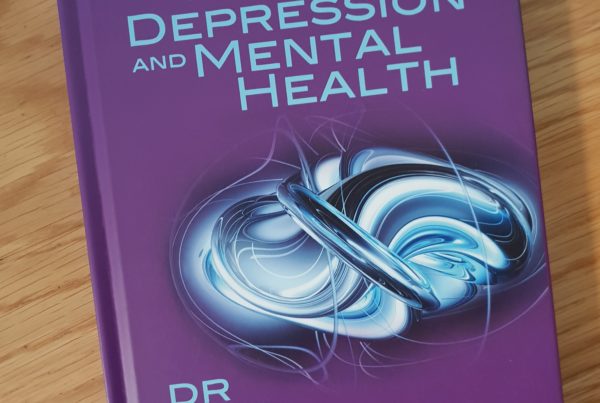If you are capable and motivated, you can do just about anything. Why then is it so hard to change some of our behaviours and attitudes, even when we know they are not helping us. This is because these patterns and attitudes are out of our reach. We are not aware of them.
Memory can be divided into two categories:
- Explicit memory, which is the part of memory that we use to actively learn, store and retrieve information for tests, to do our jobs, and is also our source of general knowledge.
- Implicit memory, on the other hand is like a continuous video recording that has been going from day one. This memory records emotions, beliefs, reactions and a host of information that we are unaware of. Often, we only realise that we have an opinion, belief or emotion about something, when we are in a situation where we behave out of character. This memory is at the core of our being and drives our instinctive survival reactions.
Unfortunately, we are not able to actively recall implicit memory. It is made up of unconscious beliefs thoughts and emotions. This memory is triggered by situations that evoke a survival response. We have evidence of this when we react out of character to a situation. Often thinking (logically) later, why did I react so badly to the situation. This shows that you have a core belief that you were unaware of, that has been challenged by a person or situation.
What’s below the surface?
We are a bit like an iceberg, where there is more hidden below the water (our subconscious mind) than above the water (our conscious mind).
These hidden thoughts and beliefs have an energetic effect on our body, which is mostly made up of water. Dr Emoto (Japanese scientist) showed with his water experiments, that emotions and sound have a profound effect on water. When harmful energy patterns are locked in your body for long periods of time, they often result in dis-ease or ill health. E.g. Stress can lead to a tight neck, sore shoulders and headaches.
Muscle monitoring helps the kinesiology practitioner identify these thoughts and beliefs that are holding you back; or emotional patterns that are no longer useful to you. Many of our emotional and behavioural patterns are formed and imprinted before the age of four. This is before we had a fully functioning brain that could think things through and work out successful coping behaviours. These form habitual patterns that run our lives.
The Kinesiologist uses muscle monitoring to identify these hidden stresses. When these are brought to your attention, you are given the gift of choice.
Do you wish to continue in the same pattern, or start introducing changes?









